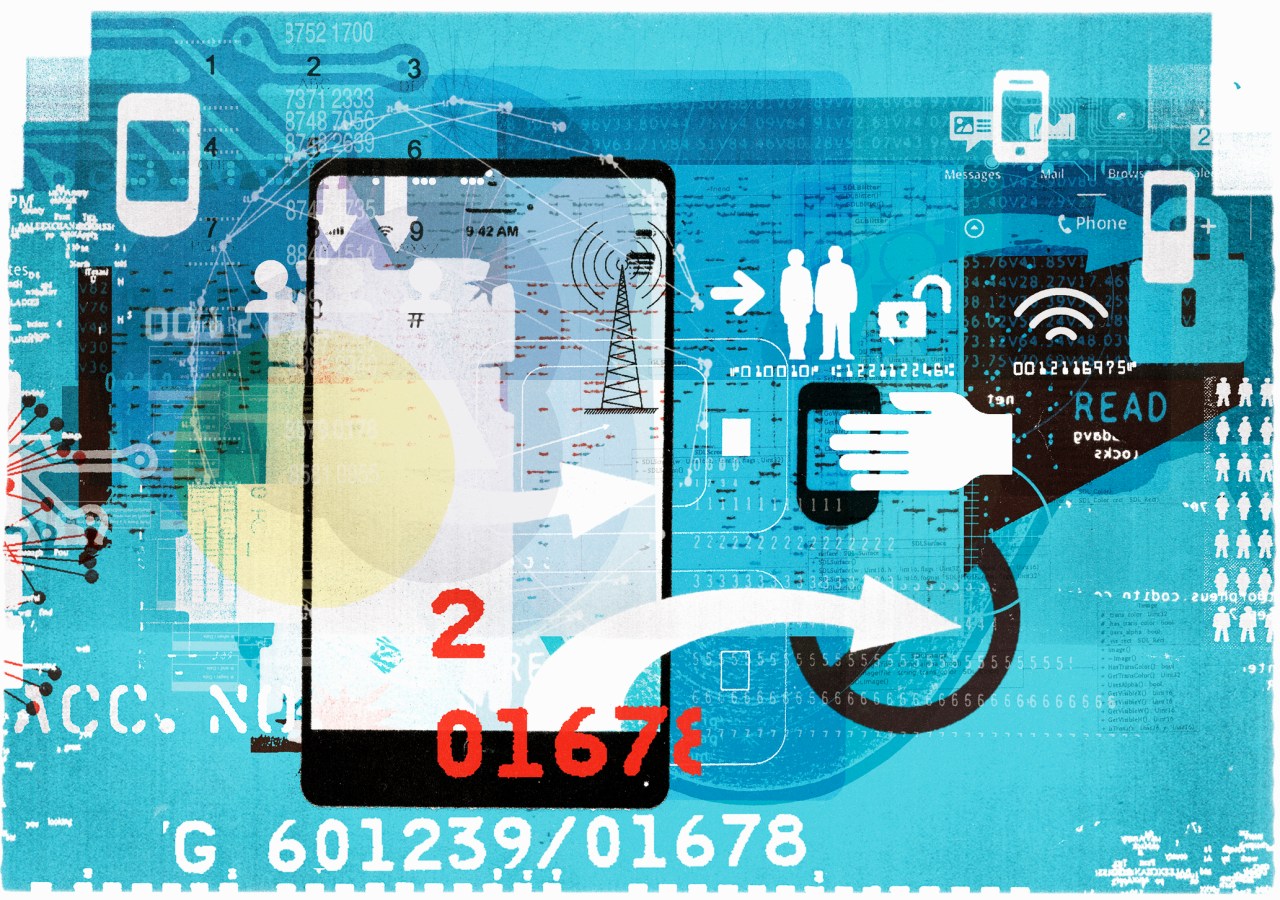As artificial intelligence continues to evolve, services like Google Duplex illustrate both the potential and pitfalls of technology. Duplex, designed to make phone calls on behalf of users, has generated significant buzz—not only for its impressive capabilities of mimicking human conversation but also for the ethical and legal concerns it raises. Chief among these is whether Duplex’s operation violates two-party consent laws, particularly in states like California. Let’s explore this intricate issue further.
What is Google Duplex?
Google Duplex is an AI voice assistant that can autonomously dial businesses to make appointments or inquiries, sounding remarkably human in the process. The system employs natural language processing to understand and respond in real-time, making it an innovative tool for streamlining mundane tasks. However, the sophistication of its operation has raised eyebrows regarding privacy standards.
The Heart of the Issue: Two-Party Consent Laws
Under California’s Penal Code section 632, recording a confidential communication without the consent of all involved parties is illegal. This law aims to protect individuals’ expectations of privacy during personal interactions. Therefore, when Duplex reaches out to businesses without obtaining explicit consent from both the user and the recipient, it begs the question: Is this an infringement of the law?
Understanding the Scope of ‘Confidential Communication’
- What Does ‘Confidential’ Mean? Legally, any non-public conversation can be deemed confidential. This includes everything from a call to a hair salon to a discussion with a doctor’s office. Given the variety of scenarios Duplex could encounter, determining which conversations may require consent is complex.
- Temporary Storage Exceptions: Some existing laws allow for temporary storage of conversations (like VoIP caching) without consent, provided that the intention is not eavesdropping. The challenge for Duplex lies in its method of storing data.
How Duplex Might Navigate Legal Waters
If Google intends for Duplex to remain compliant, it will need a sophisticated approach to handling recordings. One possibility could involve deconstructing conversation data immediately after its intake, much like digital voice transmission techniques. In this way, any Recording might be rendered useless for anything but immediate interactions.
Designing Around the Law
Just as Amazon navigated COPPA (Children’s Online Privacy Protection Act) by converting voice data to text and discarding the original requests, Duplex could similarly benefit from careful design. By ensuring that recorded data does not retain identifiable audio characteristics, Google may escape the clutches of legal repercussions.
The Need for Transparency
Despite the legal intricacies at play, one glaring issue has persisted: Google’s reticence in addressing these privacy concerns head-on. The lack of clear statements regarding Duplex’s compliance with two-party consent laws leaves many skeptical. An ambiguous stance could potentially harm public perception and erode trust in a technology that aims to ease our everyday lives.
Conclusion: Moving Forward with Responsibility
As the industry navigates the rapidly evolving landscape of AI, the situation surrounding Google Duplex serves as a cautionary tale. It highlights the importance of transparency, ethical design, and robust legal strategies when deploying AI technologies in sensitive domains. Ensuring compliance with two-party consent laws from the outset could pave the way for more seamless interactions in the future.
At fxis.ai, we believe that such advancements are crucial for the future of AI, as they enable more comprehensive and effective solutions. Our team is continually exploring new methodologies to push the envelope in artificial intelligence, ensuring that our clients benefit from the latest technological innovations.
For more insights, updates, or to collaborate on AI development projects, stay connected with fxis.ai.

